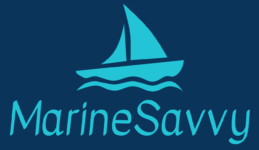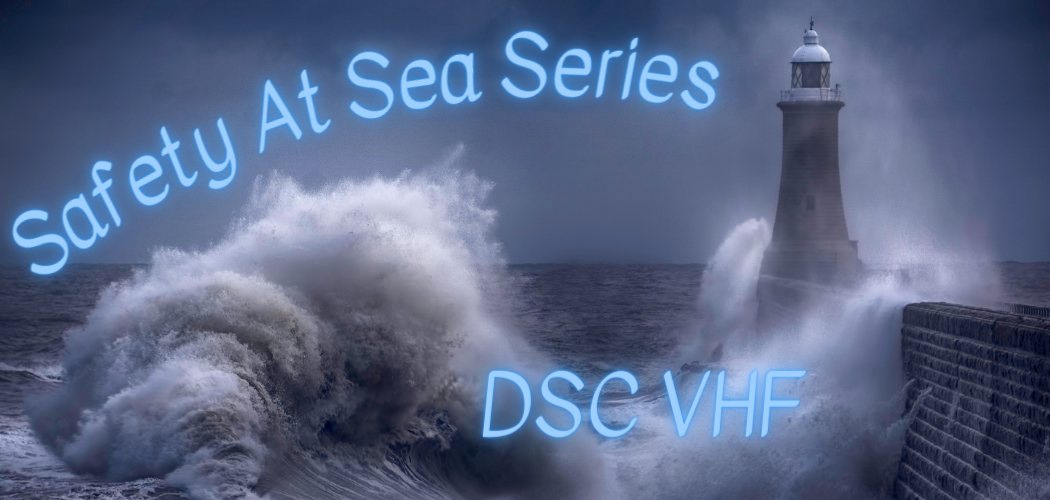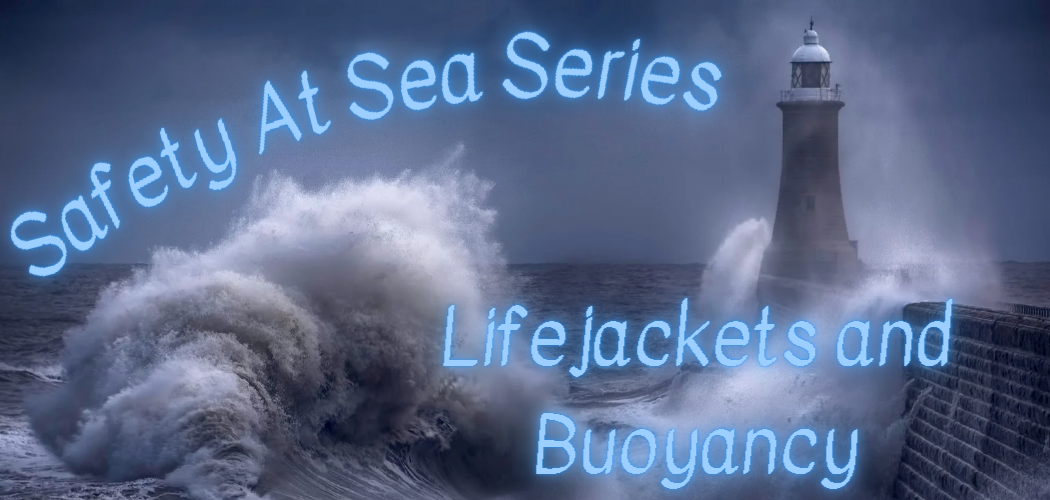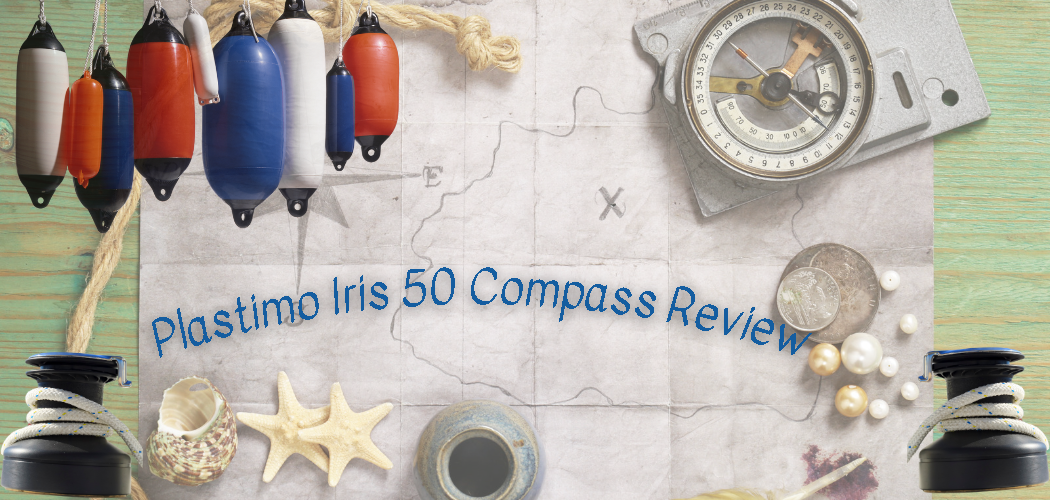Introduction to DSC VHF
The vast expanse of the seas and oceans has always posed challenges for communication. But with the advent of DSC VHF, maritime communication transformed dramatically. In this section, we will unravel the essence and the intriguing history behind DSC VHF.
What is DSC VHF?
DSC or Digital Selective Calling VHF (Very High Frequency) is a revolutionary system that augments the traditional VHF radios used in maritime communication. With the integration of digital protocols, DSC VHF enables automated distress alerts, direct calling, and much more.
The History Behind DSC VHF
Tracing back to the mid-20th century, the increasing need for enhanced maritime safety protocols led to the conception of DSC VHF. Over the decades, it underwent several iterations, evolving into the robust system we rely on today.
Importance of DSC VHF in Maritime Communication
Maritime communication isn’t just about exchanging pleasantries; it’s a lifeline. Let’s delve into how DSC VHF has uplifted this crucial domain.
Enhancing Safety at Sea
One of the paramount benefits of DSC VHF is its distress alert feature. With just a button’s press, a vessel can send an automated distress call, including its location, to nearby ships and coast stations.
Streamlined Communication
Gone are the days of hailing and waiting. DSC VHF enables direct communication with specific vessels, ensuring faster and more efficient exchanges.
Key Features of DSC VHF
Beyond distress alerts, DSC VHF boasts a plethora of features that cater to diverse maritime needs.
Distress Alerts
As mentioned, with DSC VHF, a vessel can broadcast its distress situation, ensuring timely assistance.
Routine Calls
Routine communication is simplified, allowing vessels to directly connect without the usual hailing process.
Group Calls
Need to communicate with multiple vessels simultaneously? Group calls have got you covered!
Position Information
Modern DSC VHF systems can integrate with GPS, enabling automatic sharing of a vessel’s location.
How DSC VHF Differs from Traditional VHF
The digital revolution brought by DSC VHF is undeniably game-changing. Let’s contrast it with its traditional counterpart.
Digital Advantages
DSC VHF, being digital, allows for automated functions, direct calls, and clearer communication.
Improved Range and Clarity
Thanks to advanced modulation techniques, DSC VHF offers superior range and clarity compared to traditional VHF radios.
Setting Up DSC VHF
Embracing DSC VHF? Here’s a brief guide on setting it up.
Equipment Needed
Acquire a DSC VHF radio, an antenna, and, ideally, integrate it with a GPS unit for position information.
Licensing and Registration
Ensure you obtain the necessary licenses and register your radio with relevant authorities.
Practical Applications of DSC VHF
From leisure to defense, DSC VHF finds applications across the maritime spectrum.
In Recreational Boating
DSC VHF ensures leisure boaters can communicate efficiently and seek help during emergencies.
For Large Commercial Vessels
Commercial shipping benefits immensely, as DSC VHF simplifies communication, ensuring smooth operations.
In Coast Guard Operations
Coast guards rely heavily on DSC VHF for search and rescue operations, ensuring the safety of those at sea.
Maintenance and Troubleshooting
Like all equipment, DSC VHF radios need regular checks and maintenance.
Regular Checks
Ensure the radio’s software is updated, and routinely check its functionality and battery.
Common Issues and Solutions
Issues like reduced range or clarity can often be attributed to antenna problems. Regularly inspect and replace if needed.
All about DSC VHF
While we’ve explored various facets of DSC VHF, at its core, it represents a monumental leap in maritime communication. Embracing digital protocols, it enhances safety, efficiency, and reliability for all sea-goers.
Future of DSC VHF
With rapid technological advancements, DSC VHF’s horizon looks promising.
Technological Advancements
Future iterations might see even better range, clarity, and integration with advanced systems like AI.
Integration with Modern Systems
As maritime systems evolve, DSC VHF will seamlessly integrate, ensuring it remains the gold standard.
Conclusion
DSC VHF has revolutionized maritime communication, bridging the digital divide at sea. With its plethora of features and robust reliability, it stands as a testament to human ingenuity in enhancing safety and efficiency in the challenging maritime environment.
Frequently Asked Questions (FAQs)
What is DSC in DSC VHF? Digital Selective Calling (DSC) is a digital protocol that allows for automated distress alerts, direct calling, and other advanced features in VHF radios.
How does DSC VHF enhance safety at sea? By allowing automated distress alerts with position information, it ensures timely assistance during emergencies.
Can I use DSC VHF for routine communication? Absolutely! DSC VHF simplifies routine communication, allowing direct calls without the usual hailing process.
Do I need a license for DSC VHF? Yes, you need to obtain the necessary licenses and register your radio with relevant authorities.
How does DSC VHF differ from traditional VHF radios? DSC VHF boasts digital protocols, allowing for automated functions, direct calls, clearer communication, and better range.
Is regular maintenance required for DSC VHF radios? Yes, regular checks, software updates, and antenna inspections are vital for optimal performance.



